Latest News
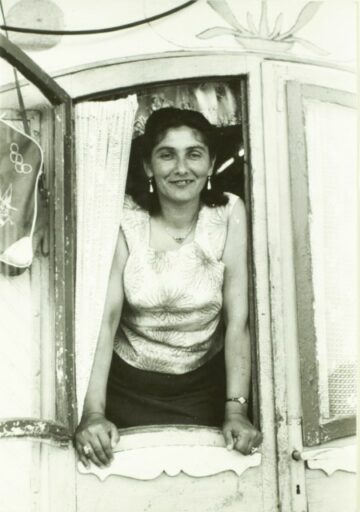
Thursday, March 20th, 2025
International Conference on the representation of Sinti and Roma in Holocaust film | November 12-14, 2025 at the Heidelberg University Call for Papers: Submission until April 5, 2025 Hosted by the Critical Film & Image Hub at the Research Centre on Antigypsyism (RCA) at Heidelberg University, this conference aims to create a platform for scholarly […]

Tuesday, March 18th, 2025
RESILIENCE, the European cross-disciplinary research infrastructure serving the study of religion, launches its fifth call for applications for Transnational Access Fellowships. The call will be open March 13 to May 1, 2025. Users will gain direct, fast, and effective access to the collections of leading research institutions and universities in Europe, guided by experts in […]
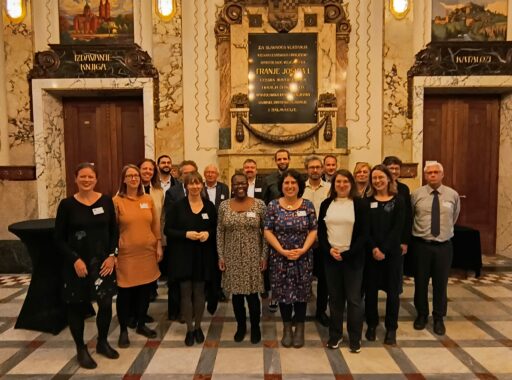
Monday, March 17th, 2025
Coming Soon: New EHRI Conny Kristel Fellowship Call and Seminar EHRI as a permanent organisation has a new governance structure, different from when the European Holocaust Research Infrastructure was run as a project. After first establishing the highest governing organ – the General Assembly –, this week the other important governance body, the National Coordinators […]
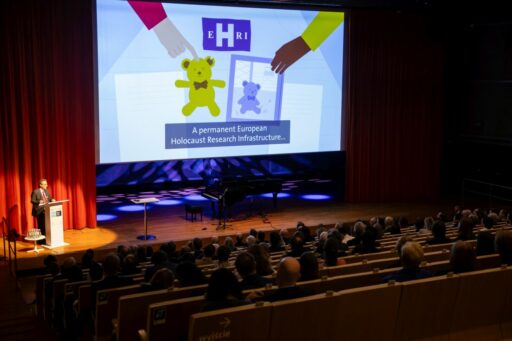
Wednesday, February 26th, 2025
Warsaw, 26 January 2025: On the eve of the commemoration of the 80th anniversary of the liberation of Auschwitz-Birkenau, the European Holocaust Research Infrastructure (EHRI) was inaugurated as a permanent European Research Infrastructure Consortium (ERIC) during a ceremony at the Polin Museum in Warsaw. See here for the programme. This follows the decision of the […]
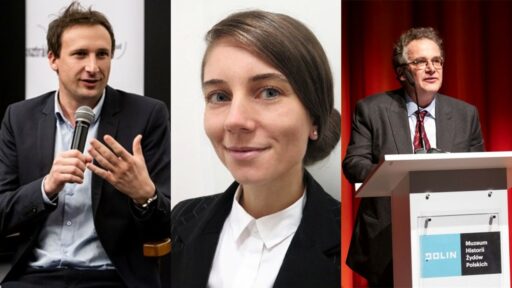
Tuesday, February 25th, 2025
On 19 February, close after the Inauguration Ceremony of EHRI as a permanent organisation (a European Research Infrastructure Consortium – ERIC), the first meeting of the General Assembly took place online. Now that EHRI is no longer project based, but an actual organisation, the governance structure has changed fundamentally. The two main governance bodies are […]
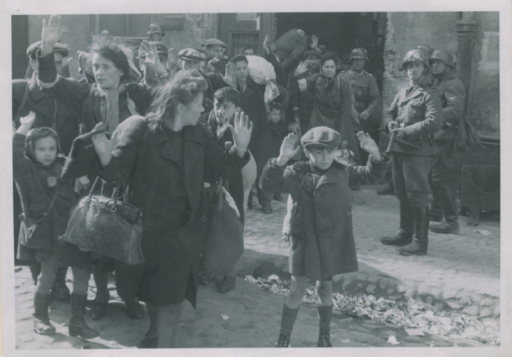
Monday, February 24th, 2025
The study of photography and the Holocaust is a rapidly growing field. Following a group effort by specialists from many countries, EHRI is releasing an online bibliography focusing on the persecution and murder of the Jews from 1933 to 1945 and the photographic record. Created to serve researchers, students and the general public, the new […]
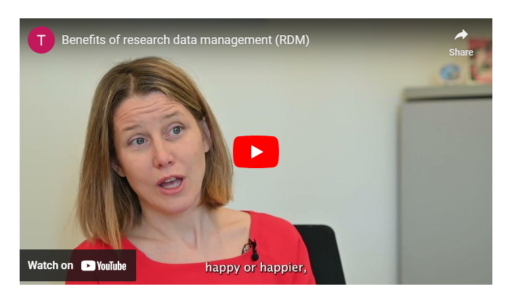
Saturday, February 22nd, 2025
EHRI launched the new free to access online course Aligning Holocaust Data with Open Research and FAIR Data Principles, produced by our partner Data Archiving and Networked Services (DANS) and offered on the platform OpenPlato (which you may Access as a guest without an account). Research data management is an important element of responsible research […]
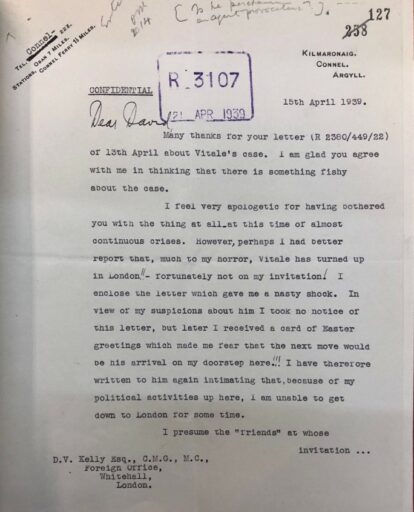
Friday, February 21st, 2025
This EHRI Document Blogpost, by former Conny Kristel Fellow Luca Fiorito, examines Britain’s response to Italian antisemitism, revealing overlooked complexities in international politics and Jewish relief efforts. In 1938, Fascist Italy introduced racial laws targeting Jews, forcing many to flee abroad. In this blogpost, the case of a dismissed Italian officer, Massimo Adolfo Vitale, highlights […]

Monday, February 17th, 2025
Starting March 1, 2025, EHRI will stop posting on X and continue on social media platform Bluesky. EHRI has been successfully active on X (then Twitter) since 2013, but recent developments in the management of X have forced us to rethink our presence and decide that it is time for a change. We hope that […]
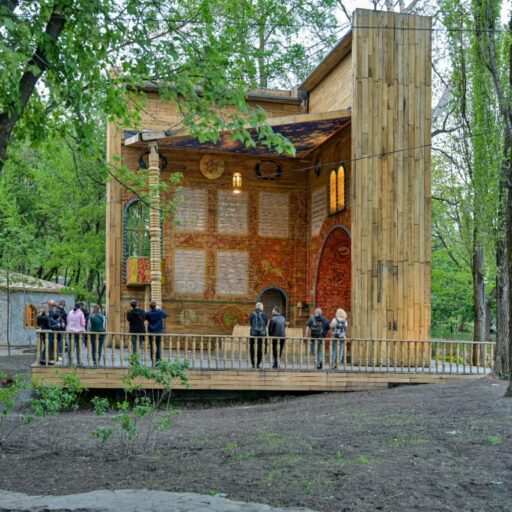
Tuesday, February 11th, 2025
The Babi Yar tract in Kyiv, Ukraine, is well-known as a site of murder and burial of Holocaust victims. During the Second World War, it was located on the outskirts of the city; now, it is part of the urban metropolis. Babi Yar has long held a significant position in Ukrainian intellectual discourse, serving as […]
